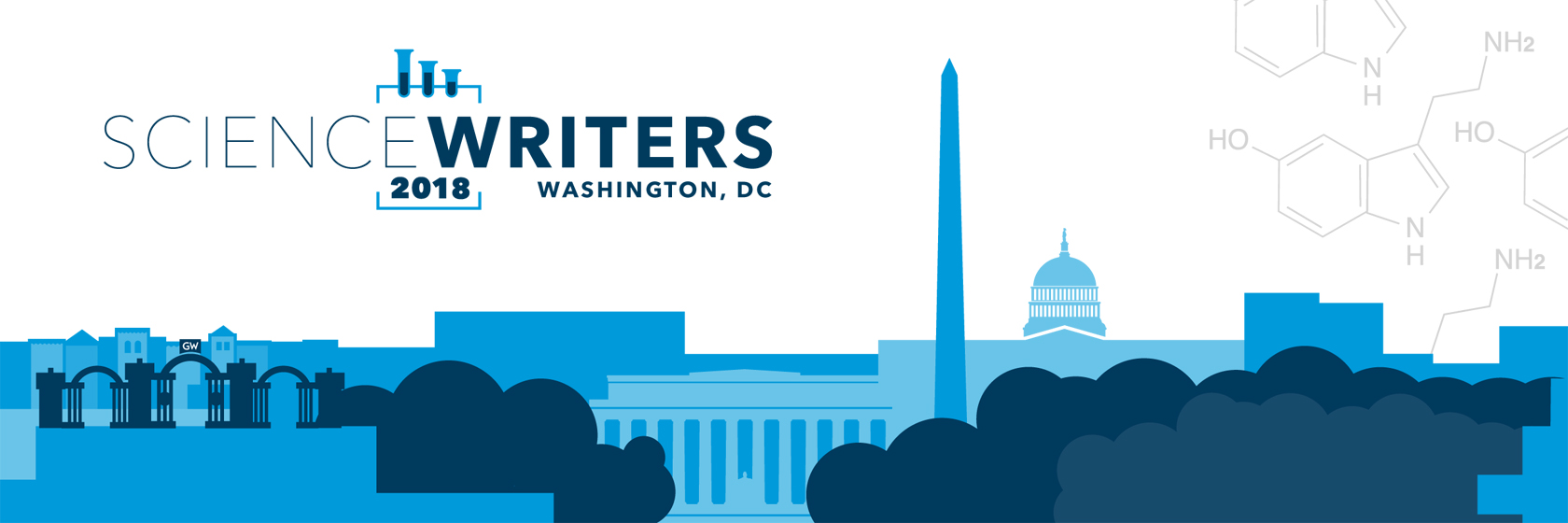Preprints: Best practices for science journalists and communicators
Preprints certainly aren't new. These papers, which scientists publish to servers like arxiv.org before peer review, have been around for 25+ years. But in the past few years, more preprint servers, including ones for biology and chemistry, have come online. And still more — engineering, earth sciences, and the like — are on the horizon.
What's an editor, journalist, or PIO to do? Sure, preprints enable the communication of cool, new science more quickly than ever before. But that science hasn't yet been peer reviewed, and it's also likely under review with a journal that may or may not want the authors sharing details about their work.
During this session, panelists and moderators will discuss best practices for covering and promoting preprints, drawing on lessons learned from older preprint servers like arxiv. Then attendees will break up into smaller tables to share thoughts and experiences. Notes from those discussions will be gathered into a shareable document of best practices around preprints.
Social media hashtag: #NASWpreprints
Files for this session:NASW preprints session 2018.pdf
- Time:
- Saturday, October 13th, 2:00 pm to 3:15 pmAdd to Calendar
- Location:
- Marvin Center, Continental Ballroom
- Speaker(s):
- Sharon BegleySenior science writer, STAT, Boston, Mass.
- Meagan PhelanExecutive director, Science Press Package, American Association for the Advancement of Science, Washington, D.C.
- Jessica PolkaDirector, ASAPBio, Cambridge, Mass.
- Mohi KumarInterim senior news editor, EOS
- Moderator(s):
- Tom UlrichAssociate director for science communications, the Broad Institute, Cambridge, Mass.
- Lauren K. WolfExecutive editor, science, Chemical & Engineering News, Washington, D.C.
- Organizer(s):
- Tom UlrichAssociate director for science communications, the Broad Institute, Cambridge, Mass.
- Lauren K. WolfExecutive editor, science, Chemical & Engineering News, Washington, D.C.




